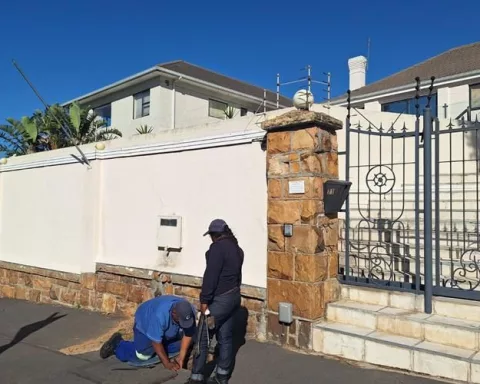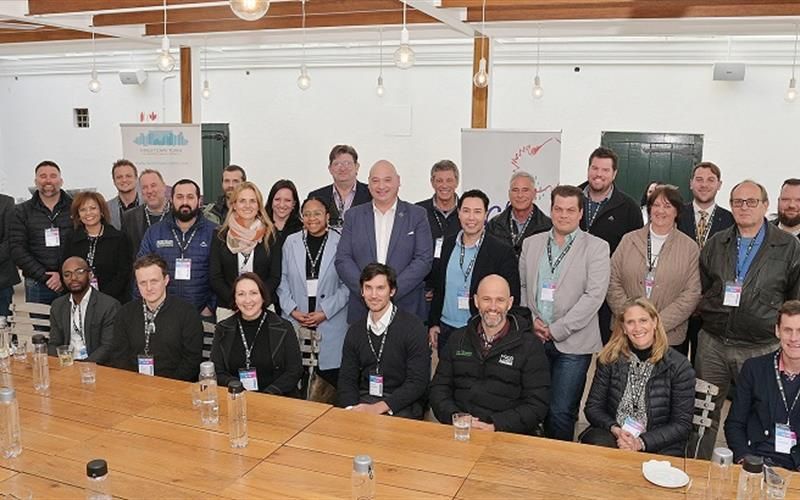Clint Abrahams, an architect, lecturer, and PhD candidate at the University of Cape Town (UCT), has received the prestigious 2022 Social Responsiveness Award for his work in the Bong’s Inn project. The award was established in 2009 to recognize work that contributes significantly to South Africa’s cultural, economic, political, scientific, and social domains.
Community-led collaboration in the Macassar Storytelling Project
The Bong’s Inn project is a seven-year collaboration led by the Macassar community, Abrahams, and his students from UCT’s School of Architecture, Planning and Geomatics. The project is part of the larger Macassar Storytelling Project, which aims to preserve and showcase the stories and history of the community. Abrahams’ award-winning street photography project inspired the Bong’s Inn project and focused on changing the distorted image of the Macassar community.
Refurbishing Bong’s Inn and engaging with local communities
Bong’s Inn, a multi-purpose establishment built by Rastafarian Joey Sampson (known as Bong) in the 1990s, became a crucial site for the project. Abrahams grew up in Macassar and emphasizes that his work did not start as an academic research project but as a call to action. The refurbishment of Bong’s Inn demonstrates the potential of community engagement and meaningful narratives told by insiders.
Collaboration with RWTH Aachen University and Cape Peninsula University of Technology
In 2019, Abrahams collaborated with RWTH Aachen University, Peter Behrens School of Architecture in Dusseldorf, Germany, and Cape Peninsula University of Technology. Together, they mobilized 40 students from South Africa and Germany to work with locals in reshaping Bong’s Inn. This collaboration was an opportunity to research and test the viability of local ideas and building techniques.
Further collaboration in rebuilding the fire-damaged Langa community
The success of the Bong’s Inn project led to further collaboration in rebuilding the fire-damaged Langa community. Students and locals designed and rebuilt an acoustic ceiling and sound studio for their theater. Abrahams sees the pairing of students with community members as a chance to explore different teaching, learning, and curriculum transformation methods.
Social justice and transformation in Abrahams’ work
Dr. Philippa Tumubweinee, director of the School of Architecture, Planning and Geomatics, acknowledges the themes of social justice and transformation in Abrahams’ work. The project fosters social-spatial justice through a co-production process that promotes place-based evidence to explore curriculum reform and transformation. Moreover, it generates a database that highlights indigenous and localized knowledge, which has often been marginalized.
Redefining the role of agents within local communities
As the Bong’s Inn project continues, post-occupancy documentation and research outputs have become crucial data sources for Abrahams’ doctoral thesis. This research aims to show how interdisciplinary creative works can help redefine the definitions and roles of agents within local communities. The legacy of Bong’s Inn and the Macassar Storytelling Project will continue to inspire and transform the lives of those touched by its powerful narrative and community-focused initiatives.












